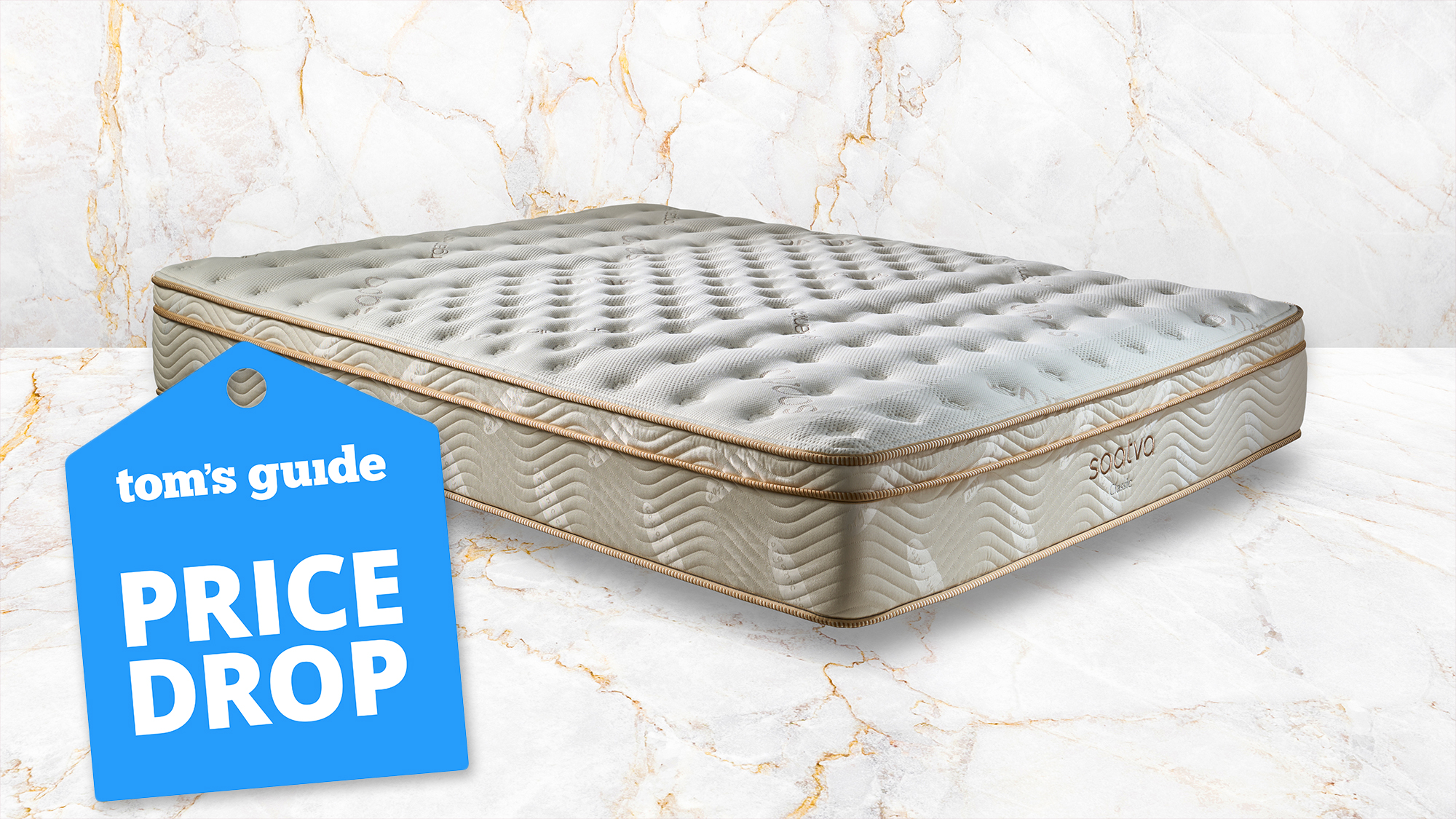The AT&T / T-Mobile Senate Hearing Summary
The battle has begun to win the government's heart in the debate of AT&T and T-Mobile's merger.

The battle for reassembling Ma Bell back together again seemingly began last week during a Senate Judiciary Committee hearing conducted by the Subcommittee on Antitrust, Competition Policy and Consumer Rights. The hearing was called "Is Humpty Dumpty Being Put Back Together Again?" and focused on one mountain of a topic: the AT&T / T-Mobile merger.
On the defending team, AT&T CEO Randall Stephenson led a group of three which included himself, T-Mobile USA CEO Phillip Humm and CWA President Larry Cohen. On offense, Sprint CEO Dan Hesse was at the forefront in opposing the merger, backed by CellularSouth CEO and president of Rural Cellular Association Victor H "Hu" Meena, and president and co-founder of Public Knowledge Gigi Sohn.
The battle to sway the Department of Justice and FCC into favoring or disapproving the merger lasted over two hours. All six were allowed to present their case under oath, offering both written statements prepared prior to the hearing and five minutes to give opening remarks. The Senators were then allowed to question (and grill) the six participants in no particular order.
During the hearing, AT&T CEO Randall Stephenson estimated that in 2015, "we will carry the same amount of mobile data traffic by mid-February that we carried for the entire year in 2010. Just about the only thing that can slow down this cycle of innovation, investment and growth is lack of capacity to meet this demand – and that's why there is such a focus on spectrum. This transaction will increase overall network capacity beyond what the two companies had separately."
T-Mobile USA CEO Phillip Humm chimed in saying that his company was facing spectrum exhaust over the next couple of years in a number of significant markets. T-Mobile also doesn't have the spectrum holdings to launch an LTE service, and that's one reason why AT&T wants Humm's lanes of wireless Internet highway-- to gather enough spectrum to properly build out its upcoming LTE network. This is a win for T-Mobile customers who essentially didn't have an LTE option on the horizon without jumping ship. They'll also now have access to the iPhone here in the States if the merger takes place.
"With the acquisition by AT&T, T-Mobile will be able to offer to nearly all its customers full access to 850 MHz AT&T spectrum, which will significantly improve deep in-building coverage to its customers," Humm said. "As T-Mobile already uses chipsets supporting 850 MHz, customers will be able to take advantage of these improvements shortly after the transaction closes."
On the offense, Sprint argued that AT&T has stockpiled the 40 MHz spectrum and doesn't use it, and that the acquisition of T-Mobile will bring very little relief to AT&T's traffic congestion problems. The company doesn't have a spectrum crisis-- it's more of a spectrum deployment problem. Public Knowledge's Gigi Sohn even suggested that AT&T's commitment to 2G, 3G and HSPA+ is causing too much constraint on its spectrum holdings. "If AT&T were concerned about spectrum inefficiency, it could stop operating 3 different systems," he said.
Sign up to get the BEST of Tom's Guide direct to your inbox.
Get instant access to breaking news, the hottest reviews, great deals and helpful tips.
"We don't have enough spectrum to deploy nationwide, but what we do have is unused because we're building it," Stephenson retaliated.
Obviously the debate was served up to the Senators like a well-played volleyball match. Engadget took the time to sift through all the dialogue and break down the overall hearing into several parts: spectrum isn't a limitless resource, how the merger could effect competition, the power of duopoly and how the two companies would dominate the national GSM market, whether or not rural coverage will even arrive, and the possibility of creating and destroying jobs.
To learn more about the hearing, the entire dialogue was captured by this liveblog in six pages. Happy reading.
Kevin started taking PCs apart in the 90s when Quake was on the way and his PC lacked the required components. Since then, he’s loved all things PC-related and cool gadgets ranging from the New Nintendo 3DS to Android tablets. He is currently a contributor at Digital Trends, writing about everything from computers to how-to content on Windows and Macs to reviews of the latest laptops from HP, Dell, Lenovo, and more.
-
mister g I wonder where Verizon is in this mess? As a T-Mobile customer i hope this merger doesn't go through because I like being able to make calls in the middle of cities and not have fellow iPhones suck down the rest of the bandwidth (I know that the current ones won't operate at my spectrum but in the future I have no doubt it will).Reply -
tank What city do you live in? The Iphone does not "suck" all of the bandwidth. I have no problem with bandwidth when I go to the city. In addition AT&T is continuously putting cell phone towers in to meet the demand of consumers.Reply -
enforcer22 mister gI wonder where Verizon is in this mess? As a T-Mobile customer i hope this merger doesn't go through because I like being able to make calls in the middle of cities and not have fellow iPhones suck down the rest of the bandwidth (I know that the current ones won't operate at my spectrum but in the future I have no doubt it will).Reply
In an article on this site when this was announced verizon doesn't really care. Verizon already spent billions in buying up spectrum and laying fibop so they could go coast to coast which last i read was their goal to have service EVERYWHERE in the US. I wouldn't care what two company's that can hardly support their customers now are doing unless they decided to actually do something with their network. -
hellwig If I recall, AT&T has like 20% more spectrum than Verizon, but Verizon has like 10% more customers. Verizon has stated that they are simply more efficient with their spectrum than AT&T (which is why they ALREADY have an LTE network rolled out to their customers, WITHOUT having the most spectrum). I really wish Verizon would step-in, but they might have some of their own dirty laundry they don't want exposed. Who knows.Reply -
soulfringe I as a T-Mobile customer do not want this merger to go through either. In fact, I went to T-Mobile to escape ATT, I will likely go to sprint though with the upcoming Evo 3D release.Reply
Regardless of my bias though, I am also against the merger for the standard monopoly reasons. With a merger I see a lot more of the typical BS we see. For example, T-Mobiles "unlimited" data plans that throttle speeds after 2GB of download. -
captainnemojr The first thing they'll do is stop innovation. Other competitors have tried to compete like Sprint offering Unlimited everything, but with Verizon going tiered and AT&T merging with T-Mobile, they will have so much of the market, it won't mater what the little guy offers. I'm very much pro-Capitalism, but I'm also pro-Competition.Reply
It's sad to see how bloodthirsty these corporations are as they put shareholders over customers. Prices are only going to go up. More for less as everyone is saying. Look at Sirius-XM...they're already wanting to raise prices. -
h3ad20n3 tankWhat city do you live in? The Iphone does not "suck" all of the bandwidth. I have no problem with bandwidth when I go to the city. In addition AT&T is continuously putting cell phone towers in to meet the demand of consumers.Reply
do u know how networks work? read a book.
